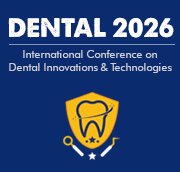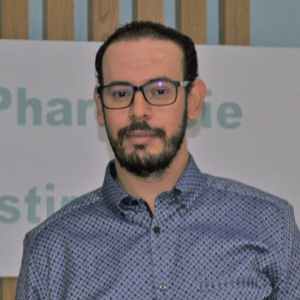Title : Staphylococcus aureus a redoubtable pathogen associated with orthodontic treatment
Abstract:
The use of orthodontic appliances leads to an alteration of the oral microbiota balance. One of the direct side effects of this practice on the oral cavity is the colonization with opportunistic pathogenic bacteria such as Staphylococcus aureus. The oral cavity of orthodontic patients may act as a major, yet poorly known, a reservoir of S. aureus that can induce clinically important infections. The most commonly used materials in orthodontic appliance therapy are brackets, tubes, band materials, ligating materials, and archwires. These materials facilitate microbial adhesion, inhibit oral hygiene, and provide new retentive areas for dental plaque, which in turn predisposes the wearer to increased microbial burden and the possibility of subsequent infection. The adhesion ability and resistance of S. aureus to antimicrobial therapy, disinfecting agents, and host defenses allow this bacterium to become potentially life-threatening. Therefore, orthodontists should balance the need to provide necessary services while minimizing risk, especially for populations with high risk for severe illness. Evidence-based on the currently available studies showed that S. Aureus increased progressively during the treatment and was more in lingual orthodontic appliance than a labial orthodontic appliance. However, opposite conclusions were found in the literature about the prevalence of Staphylococcus aureus in patients treated with removable appliances compared to those treated with fixed ones. Determining how long S. aureus persists in the oral cavity after dental demand, can make it easier to predict the time limit to place implants without risk of failure. More attention is needed regarding the prevalence of opportunistic bacteria in the oral cavity of orthodontic patients especially compromised immune systems.



